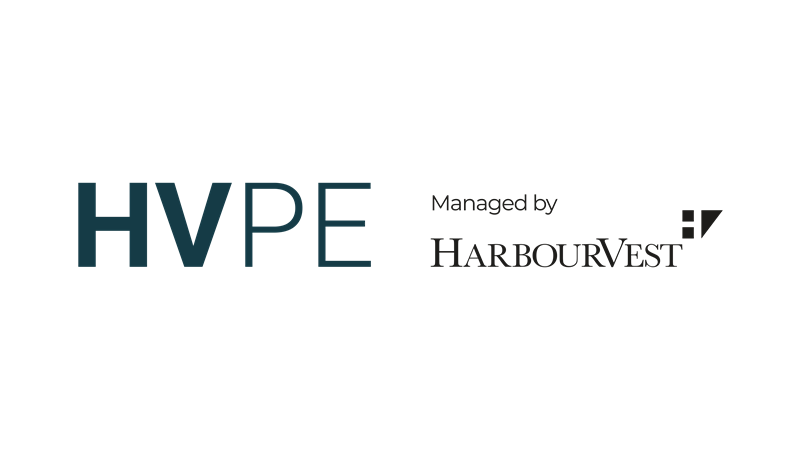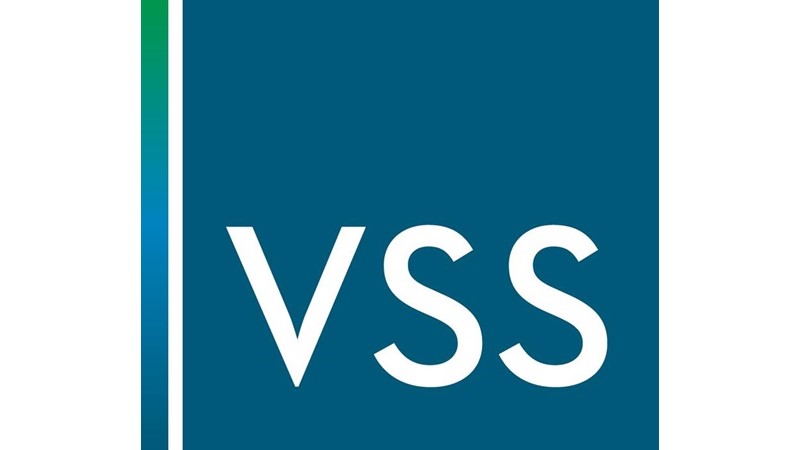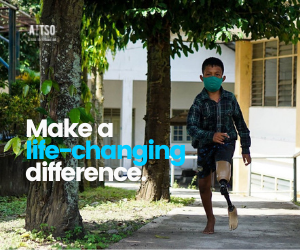Citadel And Citadel Securities Donate to UK Medical Institutions To Help Covid-19 Fight
The Partners of Citadel and Citadel Securities today announced £3 million of support to advance scientific initiatives at two of London's leading medical institutions. The work will focus on immunology research to accelerate COVID-19 treatment and prevention. These are among the highest-impact medical initiatives in the UK and have the potential to increase the international scientific community's understanding of the virus and materially reduce the time and cost of developing and producing a vaccine at scale. With this UK donation, the Partners of Citadel and Citadel Securities have mobilized a total of $20 million in support of COVID-19 relief efforts globally since mid-January.
"We owe an enormous debt of gratitude to the doctors, nurses and researchers battling COVID-19 both on the frontlines and in the laboratory," said Ken Griffin, Founder and CEO of Citadel. "My partners and I are proud to support these heroes who are working tirelessly to protect our communities and bring us out of this pandemic."
Specifically, these UK initiatives will aim to:
Build a cutting-edge and scalable vaccine development platform for COVID-19 and beyond
The £2 million donation will advance Imperial College London's initiative focused on rapidly developing a highly scalable, low-dose self-amplifying RNA (saRNA) vaccine for COVID-19 at a fraction of the time and cost of traditional vaccine development efforts. An saRNA vaccine makes multiple copies of itself once injected, making it possible to induce immunity with very low doses. By capitalizing on this innovative vaccine platform, this initiative aims to develop a COVID-19 vaccine that could be scaled to millions of doses in 2020. Learn about opportunities to support Imperial's COVID-19 response.
"Citadel's generous support will accelerate Professor Robin Shattock and his group's crucial research to develop a novel vaccine for rapid and affordable deployment," said Professor Alice Gast, President of Imperial College London. "From virology and epidemiology to testing, tracking and tracing, this multinational, multidisciplinary struggle needs visionary donors like Ken Griffin and his partners. Philanthropy is critical in accelerating our efforts to defeat coronavirus."
Scale a bioresource repository at NHS Nightingale field hospital for international research to advance COVID-19 treatments and vaccine development
The £1 million donation will enable Barts Health NHS Trust's initiative, in partnership with University College London and Queen Mary University of London, to create one of the world's largest bioresource repositories for COVID-19 before, during, and post-exposure. Researchers are collecting biosamples weekly throughout the COVID-19 pandemic from 1,000 frontline healthcare workers at the new NHS Nightingale field hospital. This serial data and sample collection in a high-exposure population will enable researchers to answer critical questions about immune response and risk factors, and will inform treatment and vaccine development efforts for scientists in the UK and across the globe. Learn about opportunities to support Barts' COVID-19 response.
"The funding from Citadel will enable us to expand our library of data to encompass the whole spectrum of COVID-19, from asymptomatic to severe disease," said Professor Charles Knight, Chief Executive of NHS Nightingale Hospital London. "This data will enable the group of researchers led by Professor James Moon to understand more about disease severity and will help scientists around the world answer questions related to COVID-19. In this pandemic environment, collaborative science is essential, and the COVID-sortium Healthcare Worker Bioresource provides an exemplar of such an approach."
© The Sortino Group Ltd
All Rights Reserved. No part of this publication may be reproduced, stored in a retrieval system or transmitted in any form or by any means, electronic, mechanical, photocopying, recording or scanning or otherwise, except under the terms of the Copyright, Designs and Patents Act 1988 or under the terms of a licence issued by the Copyright Licensing Agency or other Reprographic Rights Organisation, without the written permission of the publisher. For more information about reprints from AlphaWeek, click here.







